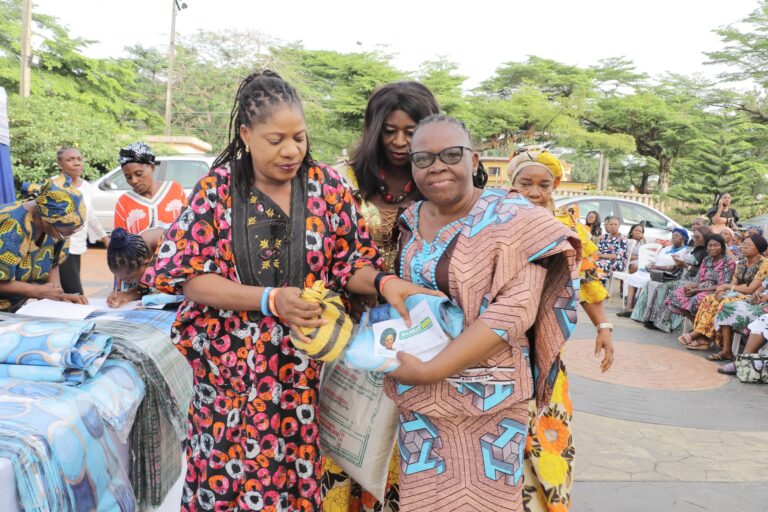In a bold move to tackle youth unemployment and reduce reliance on white-collar jobs, the Cross River State chapter of the Cocoa Association of Nigeria (CAN) has unveiled a groundbreaking skills development programme. The initiative aims to empower 400 young people with hands-on entrepreneurial training, preparing them to become self-sufficient business owners.
Mr. Buba Pascal-Kejie, CAN’s State Chairman, revealed during a media briefing in Ikom that the programme is designed to equip youths with vital skills in trades such as welding, carpentry, and bricklaying — skills that are highly demanded in the local market.
“Our vision is clear: move youths off the streets and into productive careers. No longer should young people wait endlessly for white-collar jobs that are scarce. Instead, we want to build a generation of entrepreneurs who create jobs and contribute to economic growth,” Pascal-Kejie said passionately.
Work has already started on a state-of-the-art training centre located strategically along the Ikom-Calabar road. This facility will become the focal point for practical skills acquisition, giving young people access to modern tools and expert instruction.
Besides addressing unemployment, the initiative also hopes to tackle the issue of cocoa theft, which has long plagued farming communities in the region. Engaging idle youths in productive ventures, CAN believes, will help restore peace and order.
Pascal-Kejie further disclosed that upon completion of the programme, participants will receive starter kits designed to help them launch their own businesses — a direct investment in the state’s human capital.
Beyond skills training, CAN is actively working to boost cocoa farming by distributing improved seedlings for free, aiming to increase yield and product quality across the state.
The association has also secured commitments from cocoa exporters to support 50 Licensed Buying Agents (LBAs) with contracts and financial assistance, enabling them to scale operations and become influential players in the cocoa trade.
“We’re fostering trust between exporters and LBAs, empowering local buyers to take bigger steps without fear of financial risks,” Pascal-Kejie explained.
Highlighting corporate partnerships, he noted Tulip Company’s recent contribution of boreholes to several communities in Ikom, reinforcing CAN’s dedication to community development alongside economic empowerment.

